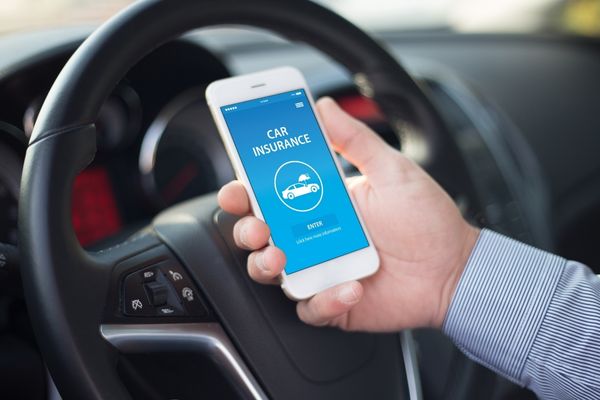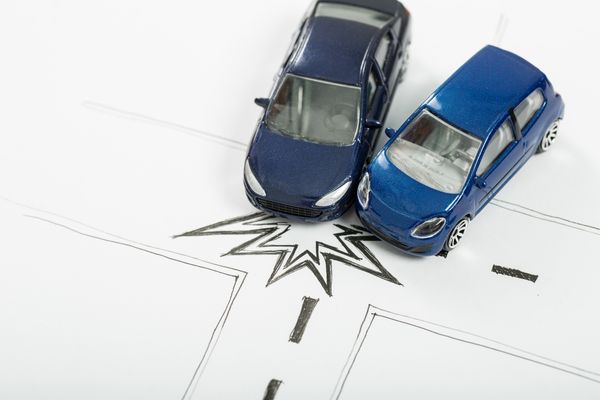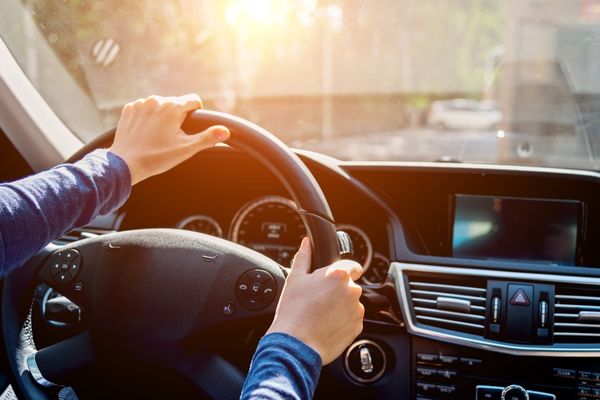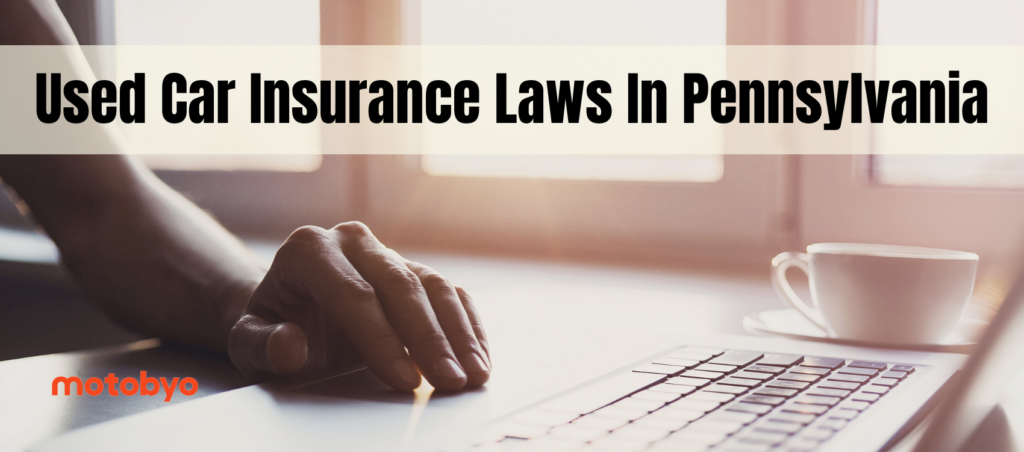Car insurance can be confusing at the best of times. Every state has different laws surrounding what you do and don’t need to be covered, so you might not always know where you stand.
Here we’ve gathered together everything you need to know about car insurance laws in Pennsylvania. Keep reading to find out more!
A Guide to Car Insurance Laws in Pennsylvania
Pennsylvania is considered a no-fault state for car insurance. No-fault insurance, by law, requires that all drivers carry their own protection. So, when an accident occurs, it’s your insurance that takes care of the bill — regardless of who is at fault.
In other words, each driver takes care of their own costs. Theoretically, this reduces the chances of someone suing to help cover the associated bills. No-fault insurance also means that every driver will receive immediate medical attention if they’re injured in an accident.

Defining Pennsylvania's Car Insurance Liability Limits

Just like most states, Pennsylvania requires a minimum amount of liability insurance to legally drive on the roads. The lowest amount of coverage allowed is referred to as the “minimum limit” and these limits can be increased to provide additional coverage without adding too much to your premium.
As per car insurance laws in PA, all drivers must maintain the minimum amount of liability insurance which is 15/30/5 — otherwise known as a split limit. Split limit coverage is generally per person, per accident, and property damage.
Here’s the breakdown:
- $15,000 per person is how much each person injured in a car accident in your car will be covered for.
- $30,000 per accident applies to you injuring more than one person in an accident. This is the total amount that your auto insurance will cover for bodily injuries and damages.
- $5,000 in property damage is the total amount that your insurance will cover to another person’s property caused by you.
It should be noted that if you are leasing a car in Pennsylvania, the minimum requirements will look a bit different. Leasing companies require that drivers purchase full coverage insurance with a minimum liability limit of most likely 100/300/50.
Pennsylvania’s Optional Coverage
PA’s required minimum liability coverage is uncommonly low. By only purchasing the minimum, you may be putting yourself and your car at risk of paying damages out of pocket. That’s why it’s recommended to increase your liability limits to as high as you can afford, and add other coverage plans to protect yourself.
These are some of the most common optional coverage plans purchased in PA:
- Income loss benefit — covers up to 80% of your wages if you are unable to work for a certain period of time.
- Collision — covers your car if the accident involves another driver or object, excluding animals.
- Comprehensive — protects your car against non-collision damages. This includes theft, weather damage, or hitting an animal.

- Roadside assistance — provides coverage in the event that your car breaks down, needs a battery jump, flat tire fix, or a tow to a nearby garage.
- Gap coverage — pays the difference in cash value of your car for what you still owe on your loan.
- Uninsured motorist — covers you in the event that you’re injured in an accident caused by another driver who isn’t carrying liability insurance. The at-fault driver, however, will still be responsible for any medical bills incurred by you or your passengers.
How Are Car Insurance Rates Determined in Pennsylvania?
There is a laundry list of factors taken into consideration when insurance companies determine what your used car insurance rates will be. The insurance agent or online platform will begin by asking you a series of questions to decide whether or not you’re eligible to become a policyholder.

But ultimately, your individual rates will most likely come down to a combination of the following factors:
- Your age
- Your location and where the car will be kept
- The year, make, and model of your car
- The car’s safety features
- The number of miles you expect to drive daily or yearly
- Your driving history
- Your chosen coverage limits
It should be noted that some insurance companies will ask for your credit history as part of the underwriting. However, they are legally prohibited from using this information at the time of your policy’s renewal.
Pennsylvania’s Car Insurance FAQs
Do You Need Car Insurance to Register a Car in Pa?
Yes — PA requires proof of insurance to register your car in the state. It must also meet the state-mandated limits.
Do note that insurance companies are required to tell PennDOT when the insurance is cancelled by the insured for any reason. Keep this in mind when registering a new car as it may affect your current insurance rates/standing. PennDot Driver and Vehicle Services explains the specifics behind this and your proof of insurance.
Is a new car automatically covered by my policy?
Some insurance companies do not require policy holders to notify them immediately of a new vehicle purchase; however, it is always best proactive to contact your insurance provider before driving away in a newly purchased vehicle. Have a new insurance card or proof of coverage emailed to you and have a copy ready to go into the glove box on the new vehicle.
Can You Get Insurance Without a License in PA?
Technically yes — but this only applies to individuals who own a car for someone else in their family or even an employee to drive.
Is PIP Coverage Required in PA?
Yes, the state of Pennsylvania requires all drivers to have a minimum of $5,000 in personal injury protection (PIP) coverage.
Need help finding used car insurance for your next car? Motobyo can help you with that!



